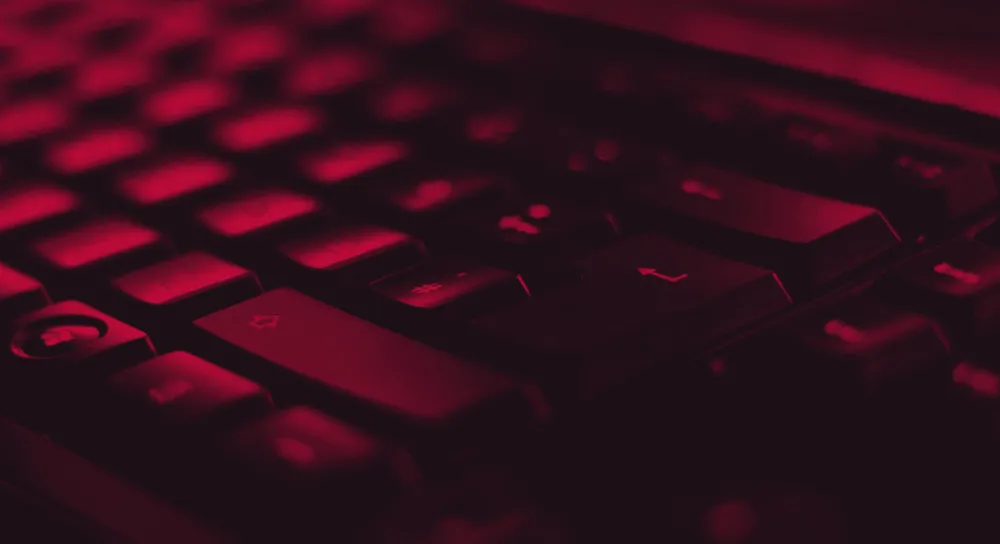ECOWAS Court orders Nigeria to amend Cybercrime Law
The Economic Community of West African States (ECOWAS) Court ordered the Federal Republic of Nigeria to amend its cybercime law this week in a case that highlights the digital security risks and challenges journalists and dissidents face in the country and around the world.
The order, announced March 25, said section 24 of Nigeria’s Cybercrime (Prohibition) Act of 2015 contradicted the African Charter on Human and Peoples’ Rights (ACHPR) and the International Covenant on Civil and Political Rights (ICCPR), both which Nigeria is committed to.
According to press statements by the Court, the order was passed on as judgment to a case filed by Socio-Economic Rights and Accountability Project, SERAP, a Nigeria non-governmental organization focusing on citizen rights, government accountability, and media freedom.
The section 24 Nigeria’s 2015 Cybercrime (Prohibition) Act is titled ‘cyberstalking’ and criminalizes the use of internet to spread pornographic content, false or aggravating information, and cyberbullying. The section, however, is selectively applied to punish journalists and political dissidents.
In 2019, Agba Jalingo, the publisher of Cross River Watch, an online newspaper was arrested and charged with “conspiracy to cause unrest” after publishing a series of stories on financial accountability, as reported by Media Foundation for West Africa. Olivia Fejiro, another journalist was arrested in 2017 after publishing a story alleging corruption in Sterling Bank of Nigeria. Rotimi Jolayemi, a freelance journalist and broadcaster, was also detained for reciting a poem criticizing Lai Muhammed, the minister of culture and information.
Justice Keikura Bangura, who presided over the ECOWAS court, read that the section 24 does not conform with Articles 9 of the African Commission on Human and Peoples' Rights (ACHPR) and article 19 of the International Covenant on Civil and Political Rights (ICCPR), both which promotes free speech and which Nigeria is signatory.
Globally, digital rights abuse remains one of the biggest issues facing journalists, activists, and political dissidents. They are more likely to be arrested and detained for alleged violation of digital and internet laws, they face a high rate of digital harassment and cyberbullying, and are also primary targets of extra-legal cybersurveillance.
Nigeria faces possible economic sanctions by ECOWAS if it does not obey the courts’ order, but experts fear the Nigerian Government may ignore it.
“Member states do not obey the court’s order, including sanctions against other states, and this has made the ECOWAS a toothless bulldog,” said Dr. Lemuel Odeh, an associate professor of history and international studies at the University of Ilorin, Nigeria.
“Member states (of ECOWAS) regularly default on their annual dues and over time distrust between these states have increased, all these have weakened ECOWAS’ influence.”
In June 2021, the ECOWAS court had ruled Nigeria to lift the ban on Twitter – which was imposed after Twitter deleted a tweet from the president that touted violence and went against Twitter community standards – a ruling which was contested by the Nigerian government who did not lift the ban until January 2022.
Olatunji Olaigbe
is a freelance journalist based in Nigeria. His work has been published by VICE, Al-Jazeera, and The Record. His reporting often examines the underlying factors of societal issues and he was a winner of the International Organisation for Migration’s 2021 West and Central Africa Migration Journalism Awards.


